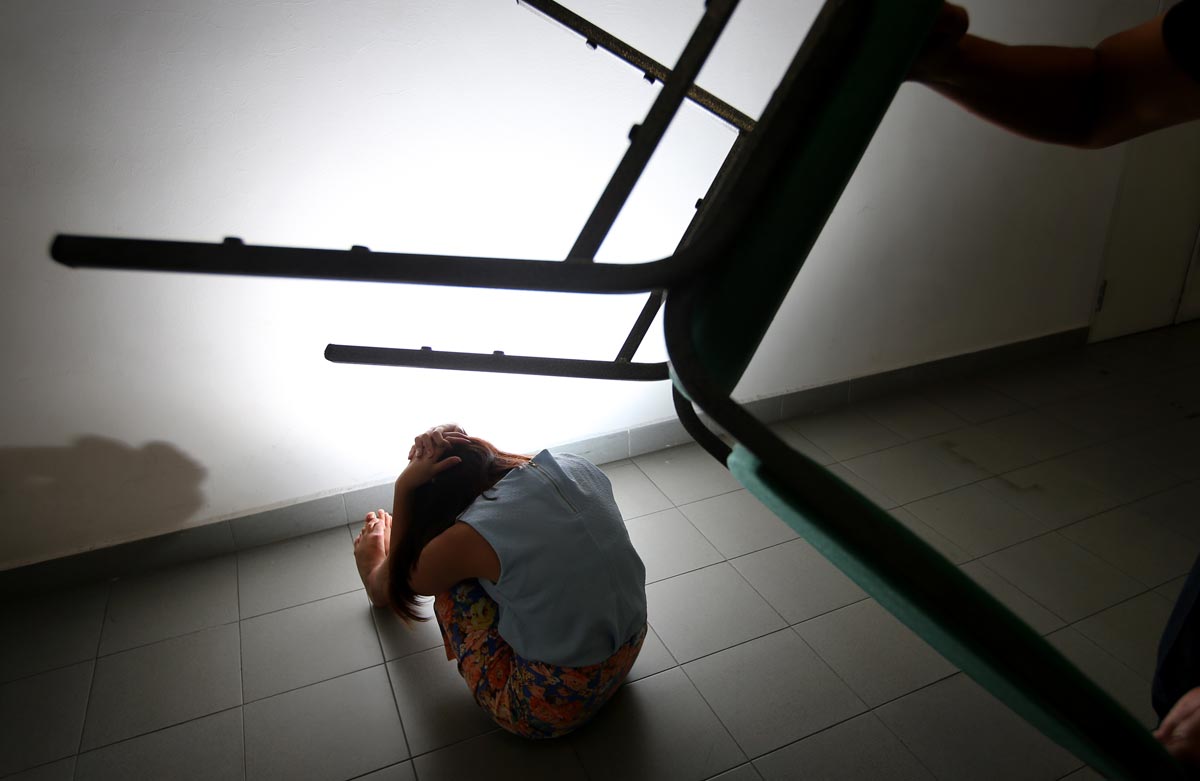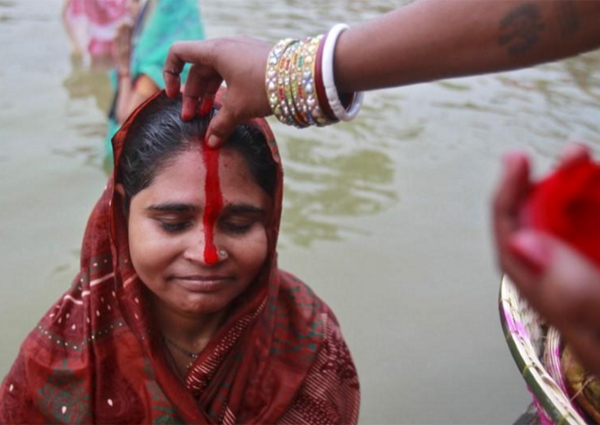How can child abuse deaths be prevented?

Each year, more than 50 children die as a result of abuse at the hands of parents and others. The Yomiuri Shimbun’s recent series portrayed the isolation of parents and children which underlies child abuse. We spoke to two experts about what is needed to prevent the recurrence of such tragedies.
(From The Yomiuri Shimbun, Aug. 5, 2017)
=====
GOVT MUST NOT MISS SIGNS
Many people see child abuse as something done by other, terrible parents. But most families with children have abuse-related risk factors to some degree or another.
We must first recognise that parental stress, poverty, and illness or disability in children are some of the various factors that can lead to risk.
That said, many parents and families overcome these risks through ties, such as these to relatives and the local community, and support from the government.
On the other hand, if sufficient support is not provided or if parents or families reject support, they can become isolated and more prone to child abuse.
The longer this situation continues, the greater the risk of serious consequences, such as death.
Traditionally, parents facing problems in raising their children could turn to relatives or neighbours for support. This has been getting more difficult with the proliferation of the nuclear family and urbanization, leading to an expanded role for government. It can be said that nipping child abuse in the bud is now dependent on the degree to which we can make government support effective.
Through my own involvement in national and local government investigations of child abuse deaths, I have seen numerous cases in which reports of missed health checkups and domestic violence went unheeded by government staff, who were unable to provide any support, resulting in abuse.
Government staff in these roles must be sensitive to the signs of potential abuse.
Also, there is an increasing number of government services aimed at helping parents who are feeling worn down by raising their children, such as temporary childcare. But many of these services require burdensome procedures such as prior registration, making them difficult to use. This limits the effectiveness of these valuable services.
In addition, the attitude of staff who directly interact with parents grappling with these problems is extremely important.
Parents in these situations need empathy for their concerns, but the government tends to fall into the role of giving instruction.
This attitude by government staff only gives parents the impression that the government is not easily approachable and dissuades them from going back. Staff working at child consultation centres and local government offices must bear this in mind.
Society, as a whole, must create an environment in which struggling parents feel that they can accept support. While some may view parents seeking support as abandoning their responsibilities, this view is mistaken.
I want to assert that criticism like this isolates parents and leads to abuse.
(This interview was conducted by Yomiuri Shimbun Staff Writer Katsuro Oda.)
■ Yasuo Matsubara / President of Meiji Gakuin University
While conducting research on child welfare, Matsubara has also been engaged in such activities as advising child consultation centres. After serving in roles such as professor at Meiji Gakuin University, he assumed his current position in April last year. Matsubara has chaired national expert committees on such issues as the prevention of abuse. He is 66.
=====
DON’T HESITATE TO REACH OUT
Twenty-one years ago, I experienced postpartum depression while raising my first son after giving birth to him at 28. Fatigued by caring for my son, who was sickly and cried often, I couldn’t sleep and blamed myself for his health issues.
I became unable to do household chores, and decided that I was not worthy of living and that I would die together with my child. I even came close to leaping into the path of a train and jumping from the fourth floor of an apartment building. Despite this, I didn’t want to be called an unfit mother and couldn’t talk about my feelings with my husband or those around me.
After three years of this, I couldn’t read the text in a newspaper and it sounded like they were speaking a foreign language on TV. Feeling I was at my limit, I checked myself into a hospital for treatment, and was able to recover by temporarily living apart from my child.
But I don’t know what would have happened had the treatment come any later. Looking back on it now, I think very little separated me from mothers who caused these incidents.
People who suffer from postpartum depression tend to want to hide their illness from family and friends, afraid of the reaction they would get from telling them. It is an illness that can affect one in 10 mothers, but I am struck by how little it is understood by mothers and family members.
In my case, my husband didn’t recognise that I was sick and was not able to comprehend the seriousness of the situation. If he had knowledge about the illness, I think he would have encouraged me to get treatment sooner.
Some women ask me to help them treat the condition without letting anyone else know about it. I tell them, however, that recovery is difficult without the understanding and support of family. Because it is an illness that can be cured with early detection and treatment, it is necessary to create more opportunities for mothers and their families to learn about it.
In some cases, mothers will come to me with serious concerns that they feel like they are going to hurt their children. If I determine that there is a high risk of harm, I contact the local government with the mother’s permission and request their support.
I do notice a difference in government response depending on the region, however. There were some cases in which public health staff did not recognise the presence of illness, resulting in delayed treatment.
It is difficult for someone suffering from postpartum depression to accurately explain their condition. I hope that government staff who work with mothers like this will deepen their understanding of the illness. More progress needs to be made on coordination with medical institutions as well.
The large number of families that don’t want to discuss their family problems with others is a factor making the problem more serious. I would like to see family members move beyond the assumption that things will be fine and recognise the danger facing both the mother and child.
Also, they must not hesitate to reach out to a doctor or public health nurse. This act of reaching out beyond the home and family is the first step to a solution.
Published at Sat, 09 Sep 2017 10:00:00 +0000





